Contents
About the Book
The Crimea, the Boer War, the Somme, Tobruk, Singapore, Pearl Harbour, Arnhem, the Bay of Pigs: just some of the milestones in a century of military incompetence, of costly mishaps and tragic blunders.
Are such blunders simple accidents as the bloody fool theory has it or are they an inexorable result of the requirements of the military system?
In this superb and controversial book Professor Dixon examines these and other mistakes and relates them to the social psychology of military organization and to the personalities of some eminent military commanders. His conclusions are both startling and disturbing.
About the Author
Dr Norman F. Dixon, M.B.E., Fellow of the British Psychological Society, is Professor Emeritus of Psychology at University College London.
After ten years commission in the Royal Engineers, during which time he was wounded (largely through my own incompetence), Professor Dixon left the Army in 1950 and entered university where he obtained a first-class degree in Psychology. He received the degrees of Doctor of Philosophy in 1956 and Doctor of Science in 1972, and in 1974 was awarded the University of London Carpenter Medal for work of exceptional distinction in Experimental Psychology. He holds an honorary doctorate from the University of Lund. His other books include Preconscious Processing, Subliminal Perception: the nature of a controversy, which was described by Professor George Westby as one of the most substantial works of British psychology of recent years, and Our Own Worst Enemy, which New Society praised as an elegant play on mans chaotic nature diverse and arresting.
To Christine, Camilla and Rachel
Preface
This book is not an attack upon the armed forces nor upon the vast majority of senior military commanders, who, in time of war, succeed in tasks which would make the running of a large commercial enterprise seem childs play by comparison.
It is, however, an attempt to explain how a minority of individuals come to inflict upon their fellow men depths of misery and pain virtually unknown in other walks of life.
The book involves the putting together of contributions from a great many peoplehistorians, sociologists, psychologists and of course soldiers and sailors. It is hoped that none of these will feel misrepresented in the final picture which their contributions make. For errors of fact, and for the opinions expressed, I alone take full responsibility.
In the writing of this book I owe a very great debt of gratitude to all those who gave generously of their time to reading and discussing earlier drafts. Their encouragement, criticisms and advice have been invaluable. In particular I would like to thank Mr Ronald Lewin, Captain Donald Macintyre, R.N., Brigadier Shelford Bidwell, Dr Penelope Dixon and Dr Hugh LEtang for the many sorts of help they gave at every stage.
For the long hours she spent carrying out research, checking contents, and assisting with the index I owe a great debt of gratitude to Dr S. H. A. Henley.
For their generous assistance I should also like to thank Dr Halla Beloff, Mr Brian Bond and Dr Michael Dockrill of Kings College, Mr Russell Braddon, Wing-Commander F. Carroll, Mr Alex Cassie, Miss Coombes of the Imperial War Museum, Professor George Drew, Professor H. J. Eysenck, Mr Robert Farr, General Sir Richard Gale, General Sir John Hackett, Professor J. R. Hale, Professor D. O. Hebb, Mr Carl Hixon, Dr Norman Hotopf, Mr Michael Howard, Mr John James, Dr Denis Judd, Mr John Keegan and Mr Keith Simpson of the Royal Military Academy, Dr R. P. Kelvin, Sir Patrick Macrory, Lieutenant-Colonel Brian Montgomery, Lieutenant-General Sir Denis OConnor, Professor Stanley Schachter, Mr Jack Smithers, Dr Ivor Stilitz, Dr A. J. P. Taylor and Dr Rupert Wilkinson. I would also like to express my gratitude to Miss Julie Steele for her secretarial assistance, to Miss Susannah Clapp and Mrs Jane Spender for editorial help, and to the librarians of University College, Kings College, the Royal United Services Institute and Rye Public Library for their unfailing courtesy and helpfulness.
For permission to quote extracts from works in which they hold the copyright I am most grateful to: Russell Braddon, Jonathan Cape Ltd and The Viking Press, Inc., for THE SEIGE by Russell Braddon; Alan Clark, for his THE DONKEYS; and Simon Raven and Encounter, for Perish by the Sword by Simon Raven.
Finally, I owe a debt of gratitude to that handful of people (who would probably prefer to remain nameless) whose hostility and dismay that anyone should write a book on military incompetence provided considerable, if unlooked-for, confirmation of the relationship between militarism and human psychopathology.
N.F.D.
Foreword
One day, I hope, someone will write the history of the impact of science on the conduct of warfare and also of what are loosely called defence studies. When he does, I am certain that he will find this book by Dr Norman Dixon, for which I am privileged to write a foreword, to have been an important landmark. Norman Dixon is specifically concerned with the subject of leadership on the highest level, or generalship, which he seeks to illuminate by bringing his own branch of science, experimental psychology, to bear; but before discussing his theme from the point of view of a professional military student, it might clear the ground, perhaps, if I adumbrated, or anticipated, the history of the relationship of scientists and soldiers.
We should begin by reminding ourselves that war is only partly a rational activity directed at useful goals or benefits, such as survival, or the acquisition of desirable territory. The classical military historian sees political or religious causes playing their part as irritants; the Marxist sees purely economic factors; while others, perhaps, see the cause and conduct of war as embedded in, and the consequence of, specific cultures. The study of warfare is, perhaps, a branch of sociology. To satisfy ourselves on this last point we do not have to go very far back in history or even to leave the present. Wars are not fought solely with victory as the object victory being defined, presumably, as a net gain of benefits over costs but for glory. To achieve glory the war had to be conducted according to certain rules, using only certain honourable weapons and between soldiers dressed in bizarre and often unsuitable costumes. The bayonet, the sabre and the lance were more noble than the firearm (one British cavalry regiment on being issued with carbines for the first time in the mid-nineteenth century ceremonially put the first consignment into a barrow and tipped it on to the stable dung-pile).
The leaders of such armies were chosen from corps of officers who were not recruited primarily for prowess or intelligence, but because they conformed to certain social criteria. They, for instance, had to be noble, or to profess a certain religion, or, where nobility was not a passport to rank, to belong to the appropriate class or caste. This is why successful generals when they emerge appear to be freaks or mavericks; and also, perhaps, why such a maverick as Wellington found it necessary to convert himself into a British aristocrat in the course of his ascent to fame. It also accounts for the sudden appearance of a plethora of competent generals when the mould of a society is broken, as it was by the French and Russian Revolutions, or when a new, classless and casteless society evolves, as it did in the United States in the nineteenth century. The best generals on both sides in the American Civil War could probably have beaten any comparable team from Europe, for the war made the profession of generalship a career open to talent and freed it from the rule of the authoritarians who flourish in rigid societies.

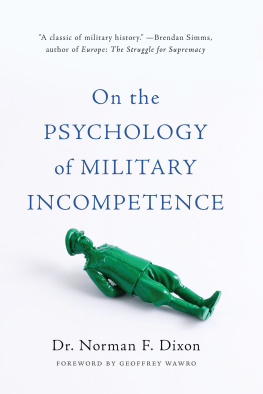


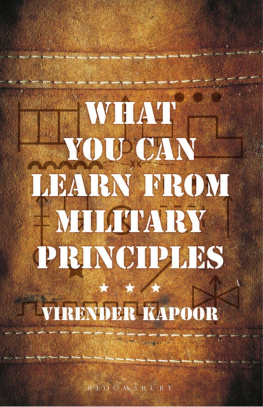
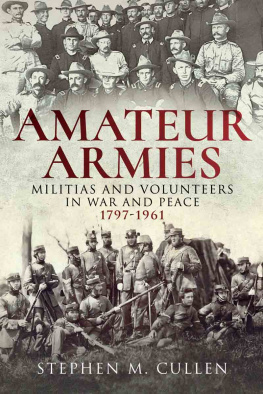
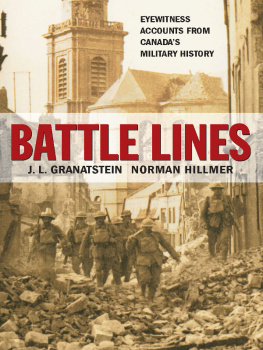
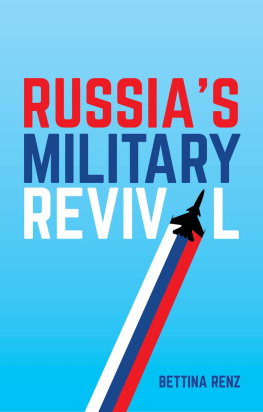
![Fawcett - How to lose the Civil War : [military mistakes of the War between the States]](/uploads/posts/book/92687/thumbs/fawcett-how-to-lose-the-civil-war-military.jpg)


